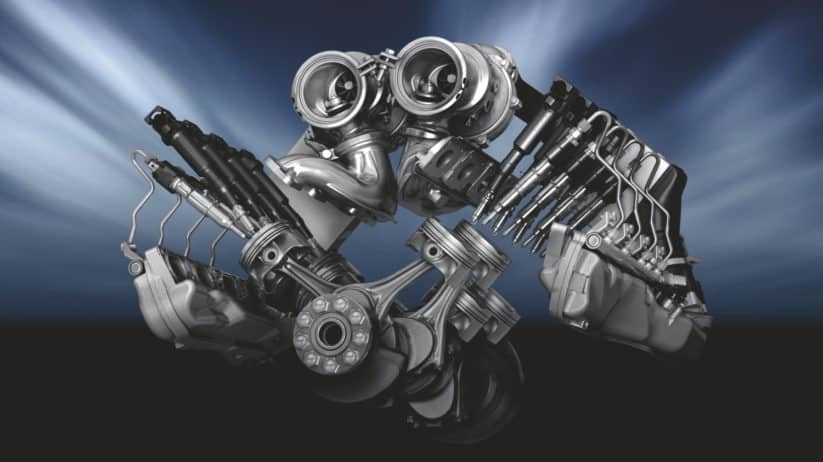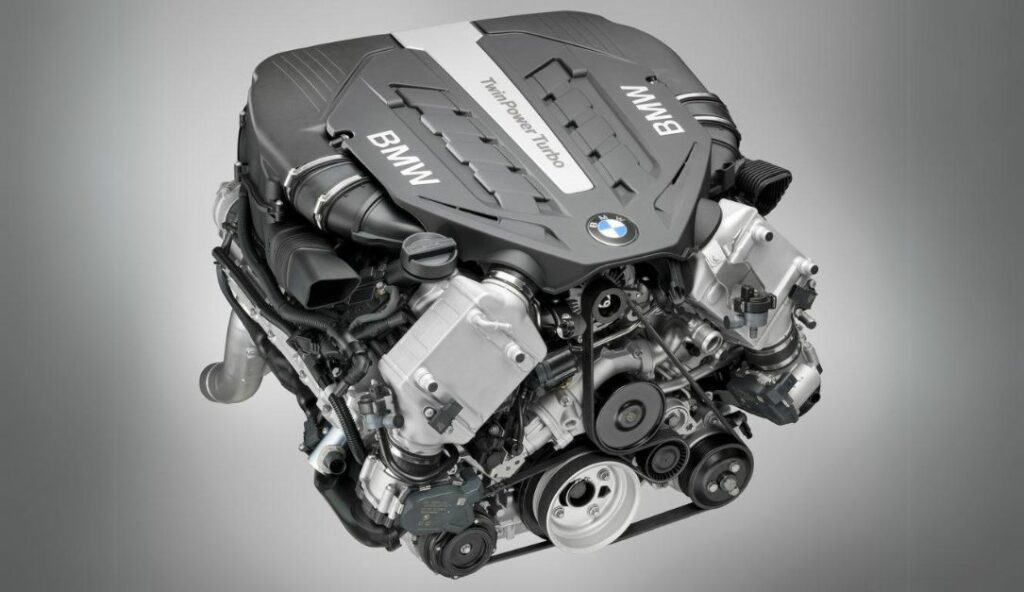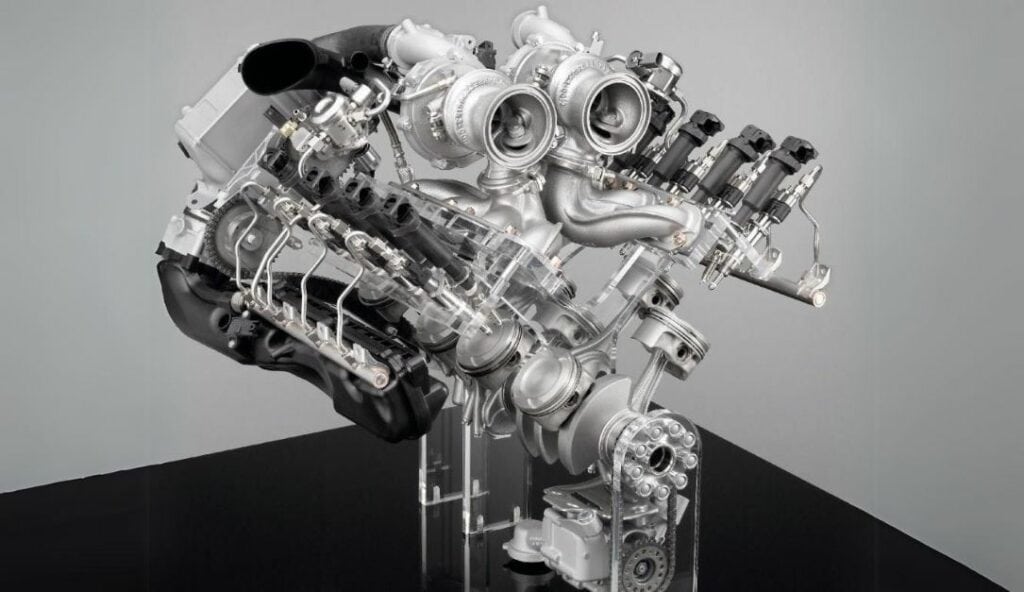The BMW N63 is a twin-turbo V8 engine that powers some of the most luxurious high-performance models in the BMW lineup. It was introduced in 2008 and has undergone many updates and revisions since then.
The N63 engine first appeared in the E71
This engine is also used in the 2022 BMW ALPINA B8 Gran Coupe and the 2022 Range Rover L460 and L461.
The BMW N63 engine is known for its tremendous power, smooth performance and distinctive sound. However, it also suffers from some drawbacks and reliability issues that have bothered many owners and mechanics.
Hoping to improve some of these problems, BMW began the N63 Customer Loyalty Program and N63 Customer Appreciation Program in 2014.
Pros of the BMW N63 engine
Power
The main advantage of the BMW N63 engine is its power. The engine can produce from 402 hp (N63B44O0) to 523 hp (N63B44T3), depending on type and configuration.
This makes it one of the most powerful engines in its class, and allows cars equipped with it to accelerate from 0 to 100 km/h in less than 5 seconds. The engine also features smooth, linear power delivery, thanks to twin-scroll turbochargers that reduce turbo lag and improve response.
oil consumption
Another advantage of the BMW N63 engine is its fuel efficiency, although your mileage may vary.
Despite its large displacement and high power, the engine can achieve decent mileage, thanks to some innovative technologies such as direct injection, variable valve timing, cylinder deactivation and a stop-start system.
The engine can also run on regular unleaded gasoline, unlike some of its competitors that require premium fuel.
Of course, fuel consumption may vary based on many factors, such as driving habits, road conditions and vehicle maintenance.
However, according to official US EPA estimates, the BMW 750i xDrive with the N63tu engine has a combined fuel economy rating of 7.65 liters per 100 km.
His wonderful voice
Despite its power, the N63's engine runs remarkably smoothly. The engine is well balanced and generates little vibration, ensuring a comfortable driving experience.
The engine also features a distinctive, sophisticated sound that matches the character of the turbo V8 engine. The exhaust emits a deep, particularly impressive roar at high revs.
Cons of the BMW N63 engine
Reliability
The main drawback of the BMW N63 engine is its reliability. Early versions of the N63 engine (from 2008 to 2013) suffered from numerous reliability problems, including high oil consumption, turbocharger failure, and leaking valve stem rings.
Later versions (N63TU and later) addressed some of these issues, but they are not completely immune to the issues.
Customers have also reported various other problems, such as coolant leaks, carbon buildup, timing chain problems, and fuel injector failure.
Some of these problems can be expensive and difficult to fix, and may require extensive repairs or replacements.
Engine maintenance is also expensive, as it requires frequent oil changes, spark plug changes, coolant flushing, and other services.
Complexity
Another drawback of the BMW N63 engine is its complexity. An engine has many components and systems that work together to deliver its performance and efficiency, but they also make it more susceptible to misoperation and breakdown.
The engine also requires special tools and equipment for maintenance and repair, which may not be readily available in some stores or car dealerships.
The engine is also very sensitive to poor quality fuel, oil and coolant, which can cause damage or deterioration over time.

Reliability of this engine from BMW
It can be said that the reliability of the N63 engine is quite mixed. The first versions (2008-2013) are notorious, as the above issues significantly impact ownership costs.
BMW has addressed these issues with subsequent revisions, but the N63 engine is still unreliable compared to its competitors.
Therefore, the reliability of a BMW N63 engine is difficult to determine, as it depends on many factors such as the car's age, mileage, condition, maintenance history and driving habits.
However, based on some online sources and forums, the average lifespan of an N63 engine is around 161,000 km, and some owners report traveling more or less mileage before experiencing major problems or breakdowns



No comments:
Post a Comment
"Your thoughts matter! Share your insights and opinions about the latest cars and automotive news here. We value your feedback and look forward to hearing from you. Let's drive the conversation forward together!"